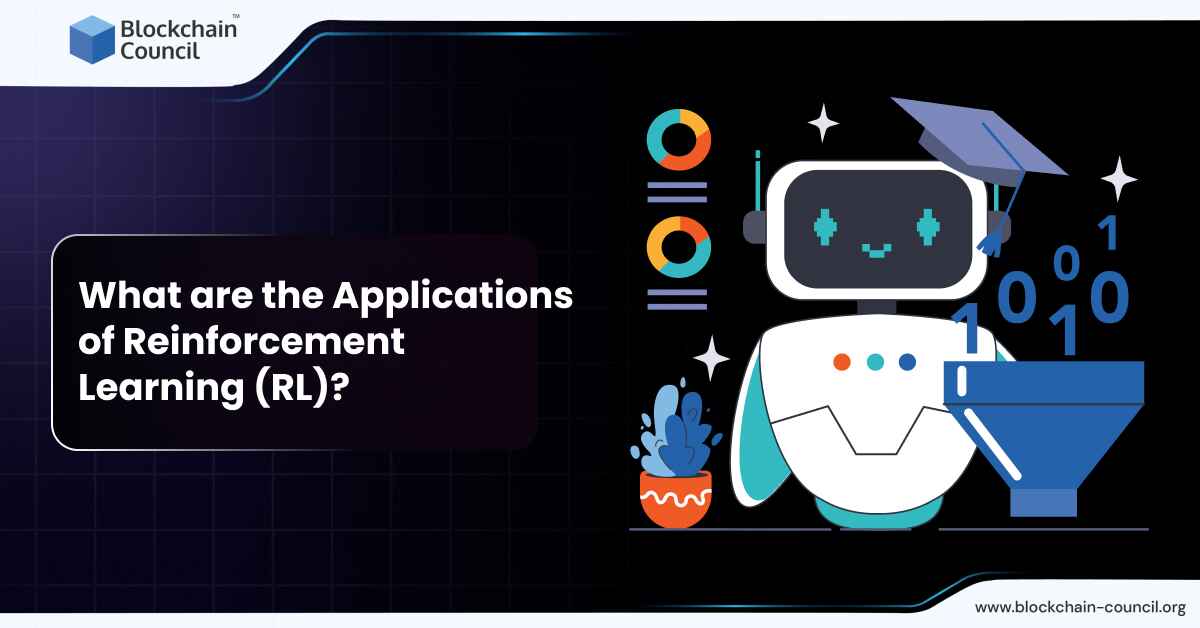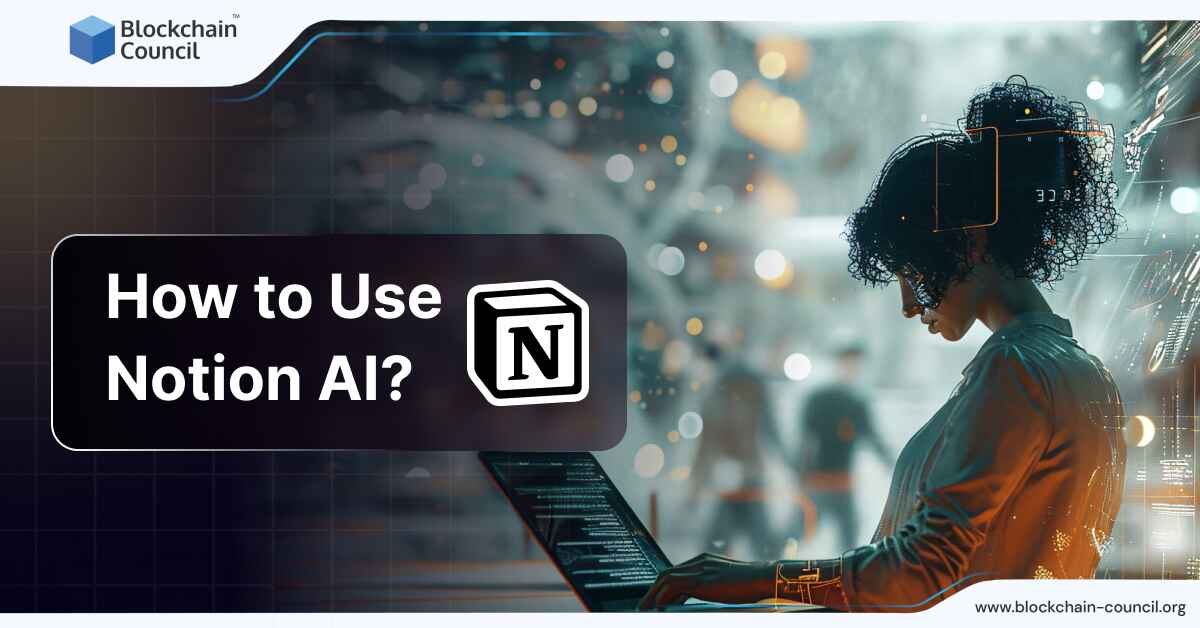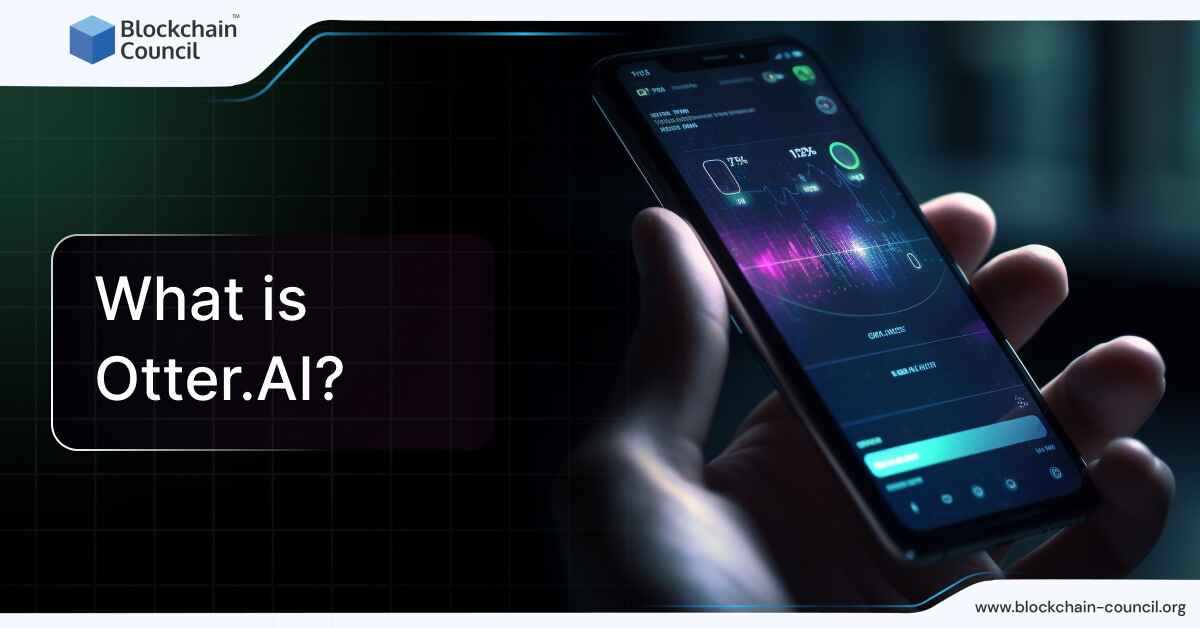
- Blockchain Council
- January 03, 2025
Ethereum remains a leading platform for decentralized applications (DApps) and smart contracts. As we look towards 2025, becoming an Ethereum developer offers immense opportunities. This roadmap aims to guide both new and experienced developers through the essential skills, tools, and knowledge areas necessary to excel in Ethereum development.
Introduction to Ethereum
What is Ethereum?
Ethereum is a decentralized blockchain platform that enables developers to build and deploy smart contracts and DApps. Unlike Bitcoin, which is primarily a digital currency, Ethereum’s main feature is its programmable blockchain, allowing for a wide range of applications beyond financial transactions.
Importance of Ethereum Development
Ethereum developers are crucial for creating and maintaining the infrastructure that supports decentralized finance (DeFi), non-fungible tokens (NFTs), and numerous other applications. Their work ensures the functionality, security, and scalability of these decentralized solutions.
Core Skills and Knowledge Areas
Proficiency in Solidity
Solidity is the primary programming language for writing smart contracts on Ethereum. Mastering Solidity is essential for developing efficient and secure smart contracts. Key concepts to focus on include:
- Basic Syntax and Data Types
- Control Structures
- Functions and Modifiers
- Inheritance and Interfaces
Understanding Blockchain Fundamentals
A solid understanding of blockchain principles is crucial. Developers should be familiar with:
- Consensus Mechanisms: How Ethereum achieves consensus using Proof of Stake (PoS) and the upcoming Ethereum 2.0 upgrades.
- Ethereum Virtual Machine (EVM): The runtime environment for smart contracts on Ethereum.
- Gas and Transactions: Understanding gas costs and optimizing smart contracts for cost-efficiency.
Knowledge of Data Structures
Data structures like arrays, mappings, and structs are frequently used in smart contract development. Familiarity with these structures is necessary to efficiently manage and organize data within smart contracts.
Hands-On Development Experience
Setting Up a Development Environment
Creating a robust development environment is the first step. Essential tools include:
- Remix: An online Solidity IDE for writing and testing smart contracts.
- Truffle Suite: A development framework that offers a suite of tools for testing and deploying smart contracts.
- Hardhat: A comprehensive development environment that facilitates the development, testing, and deployment of smart contracts.
Version Control
Proficiency in version control systems like Git is crucial for managing code versions and collaborating with other developers. Knowing how to use Git effectively ensures smooth development processes and code integrity.
Writing and Deploying Smart Contracts
Hands-on experience is vital. Start with simple contracts and gradually move to more complex applications. Deploying contracts on test networks like Rinkeby or Kovan before going live on the mainnet is essential for thorough testing and debugging.
Testing and Debugging
Rigorous testing and debugging are critical to smart contract development. Utilize frameworks like Mocha and Chai for writing tests, and tools like MythX and Slither for security analysis to ensure your contracts are secure and perform as expected.
Advanced Concepts and Specializations
Layer 2 Solutions
Layer 2 solutions like Optimistic Rollups and zk-Rollups are designed to enhance Ethereum’s scalability and transaction speeds. Understanding these solutions is important for developers aiming to build high-performance applications.
Interoperability
Interoperability between different blockchain systems is becoming increasingly important. Tools like Polkadot and Cosmos facilitate cross-chain interactions, allowing developers to create applications that can interact with multiple blockchains.
Decentralized Finance (DeFi)
DeFi represents a significant use case for Ethereum. Developers should understand DeFi protocols like Uniswap, Aave, and Compound, as these protocols involve complex smart contracts and are central to many Ethereum applications.
Certification Programs
Certified Ethereum Developer™
The Certified Ethereum Developer™ certification by the Blockchain Council is an excellent way to validate your skills in Ethereum development. This certification ensures that you are equipped with the knowledge and skills required to excel in the blockchain industry. The program covers various aspects of Ethereum development, including the creation, compilation, and deployment of smart contracts, as well as advanced concepts such as non-fungible tokens (NFTs) and the InterPlanetary File System (IPFS).
Benefits of Certification
- Industry Recognition: Certifications from reputable organizations enhance your credibility and marketability.
- In-Depth Knowledge: Certification programs provide structured learning, ensuring you cover all essential topics.
- Career Advancement: Certified professionals often have better job prospects and higher earning potential.
Why Get Certified by the Blockchain Council?
Obtaining a certification from the Blockchain Council offers numerous advantages. It serves as proof of your expertise and commitment to the field, making you stand out in a competitive job market. Employers value certifications from recognized organizations, as they indicate a validated skill set and knowledge base.
The Blockchain Council’s certifications are designed by industry experts and provide comprehensive learning resources, ensuring you gain practical and up-to-date knowledge. Additionally, certified professionals gain access to a network of peers and industry leaders, offering opportunities for collaboration and continuous learning.
Staying Updated
Following Industry Trends
The Ethereum ecosystem evolves rapidly. Staying updated with the latest trends, technologies, and best practices is crucial. Follow influential figures on social media, participate in forums, and attend conferences to keep up with industry developments.
Continuous Learning
Continuous learning is vital in the fast-paced field of blockchain technology. Engage in online courses, attend workshops, and participate in hackathons to enhance your skills and knowledge.
Conclusion
The roadmap to becoming a successful Ethereum developer in 2025 is comprehensive and demanding, but the rewards are significant. By mastering core skills, gaining hands-on experience, and staying updated with industry trends, developers can position themselves at the forefront of this exciting field. As Ethereum continues to grow and evolve, so will the opportunities for skilled developers. Whether you are just starting or looking to enhance your expertise, this roadmap provides the guidance needed to thrive in the world of Ethereum development.
FAQs
What is Ethereum and why is it important for developers?
- Ethereum is a decentralized blockchain platform enabling developers to build decentralized applications (DApps) and smart contracts.
- It’s significant for developers because it offers a programmable blockchain, allowing for a wide range of applications beyond simple transactions.
- Ethereum is the backbone of decentralized finance (DeFi), non-fungible tokens (NFTs), and various other innovative applications, providing immense opportunities for developers.
Which programming language is essential for Ethereum development?
- Solidity is the primary programming language for writing smart contracts on Ethereum.
- Solidity enables developers to define the rules and behaviors of smart contracts, facilitating secure and automated transactions on the Ethereum blockchain.
How can I gain practical experience in Ethereum development?
- Setting up a development environment using tools like Remix, Truffle Suite, or Hardhat is the first step.
- Writing and deploying smart contracts on test networks like Rinkeby or Kovan before going live on the mainnet is crucial for hands-on experience.
- Rigorous testing and debugging using frameworks like Mocha and Chai ensure the reliability and security of smart contracts.
Why should I consider getting certified in Ethereum development?
- Certification, such as the Certified Ethereum Developer™, validates your skills and knowledge in Ethereum development, enhancing your credibility in the job market.
- Certified professionals often have better job prospects and higher earning potential.
- Certification programs cover various aspects of Ethereum development, including smart contract creation, deployment, and advanced concepts like non-fungible tokens (NFTs) and decentralized finance (DeFi).





































































 Guides
Guides News
News Blockchain
Blockchain Cryptocurrency
& Digital Assets
Cryptocurrency
& Digital Assets Web3
Web3 Metaverse & NFTs
Metaverse & NFTs
